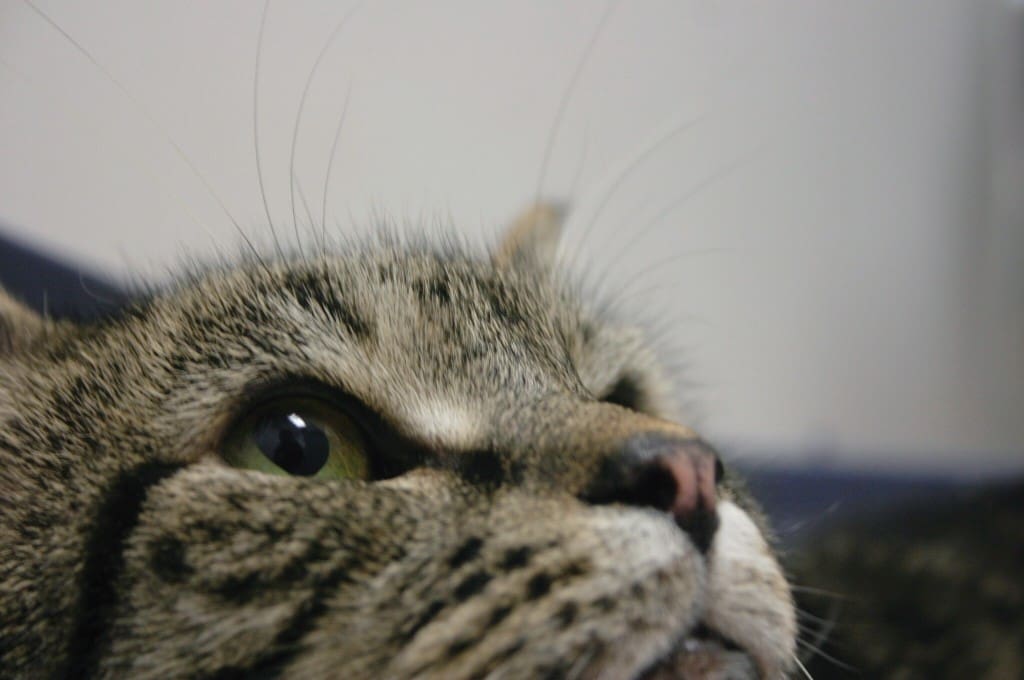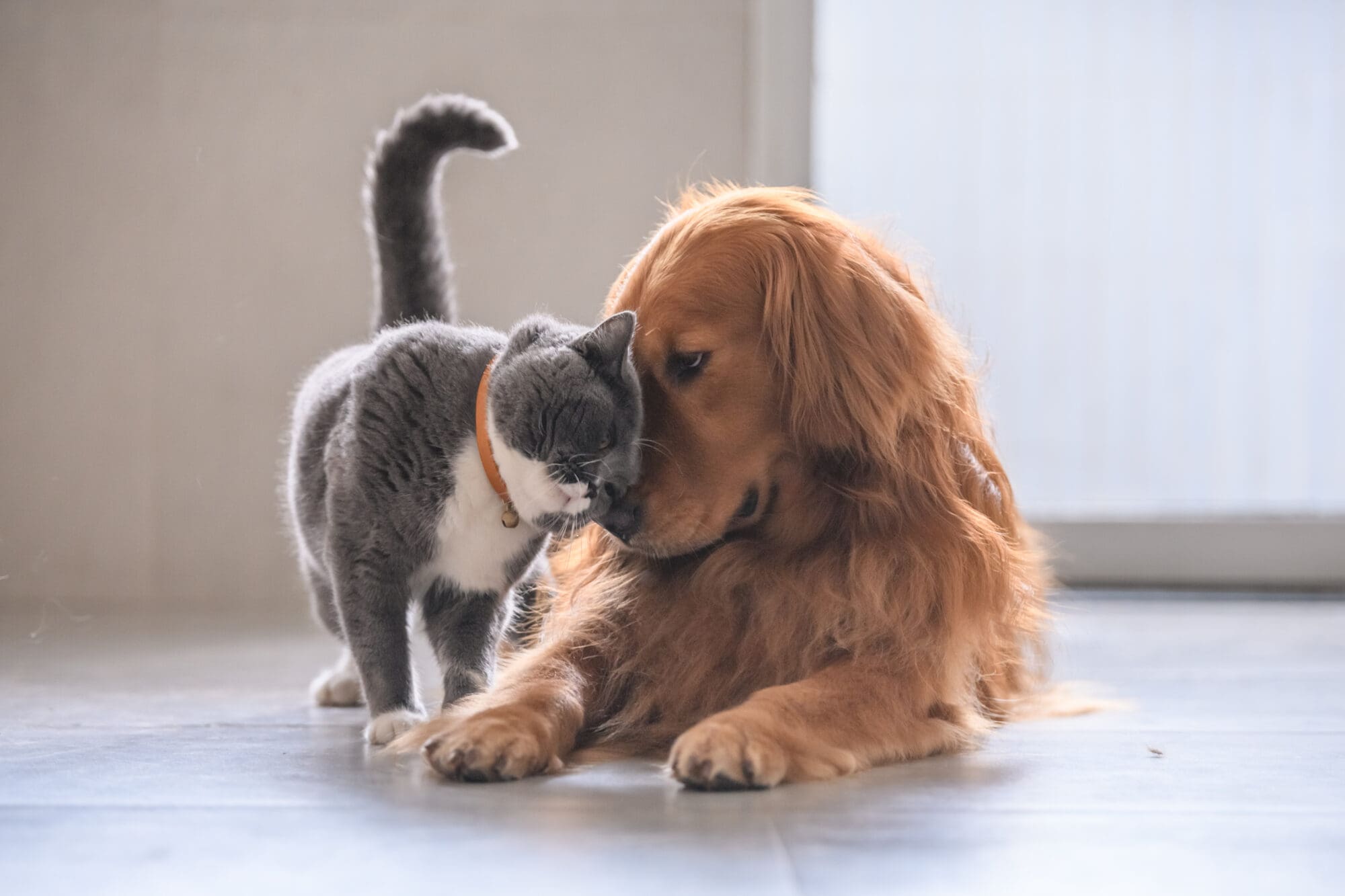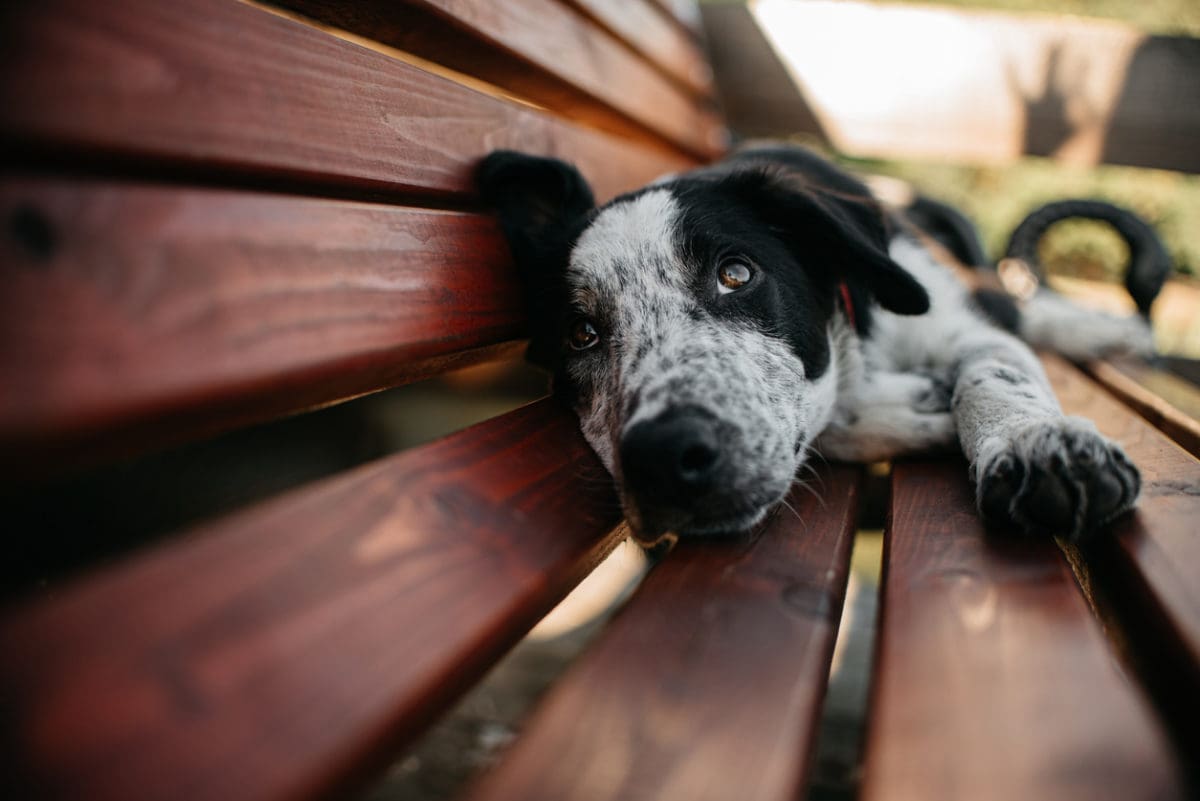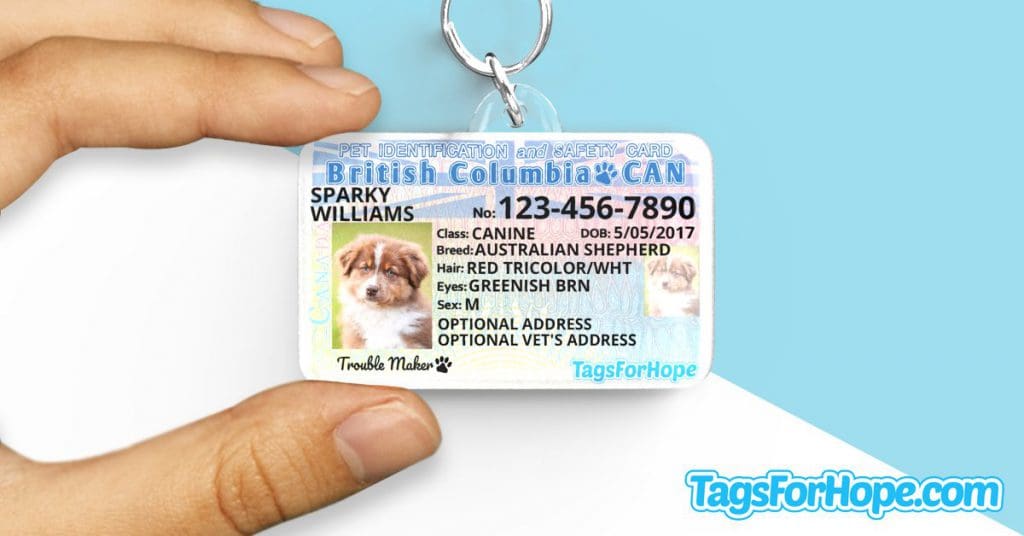
In a recent article in the Globe and Mail, columnist Margaret Wente described the emotional ordeal she faced when her cat became ill, requiring prolonged and extensive medical care and, ultimately, euthanization.
Wente also recounted the high cost of veterinary care, which millions of pet guardians face when their companions become ill. For her, money was not a critical issue, but for most Canadians – especially those on low or fixed incomes – it is.
As Wente points out, in the past veterinary care was limited in scope and complex cases usually resulted in euthanization. But now, with scientific advances, there are many more life-saving treatment options – but they come with a high cost. Coinciding with this development has been a rise in the status of companion animals. They are now considered part of the family.
These are positive changes for companion animals but they also present difficult emotional and financial dilemmas for many people. What do you do when the vet tells you that your cat’s life can be saved but the bill may run into the thousands of dollars? Here at VHS, we are all too familiar with such dilemmas. Almost daily, we receive calls for help from people facing unexpected and often high bills for veterinary care. Our ability to help is limited, as our McVitie Fund for sick and injured animals becomes quickly depleted from high demand. (We’re thankful for the support received for this fund from those that can afford it and who are willing to help animals they will never know.)
There are no easy answers when it comes to weighing the health and well-being of animals against the potentially astronomical costs of vet care. Some have argued that perhaps only those who can afford high vet bills should take on the responsibility of pet guardianship. Yet we know of many low-income people who make remarkable efforts and sacrifices to ensure the health and well-being of their animals. Some of these people are elderly or disabled and their cat or dog means everything to them. Should wealth be the determinant of who gets to enjoy the profound benefits of animal companionship? Most people would find such a restriction unfair and unworkable.
Nevertheless, VHS urges anyone considering adopting (please don’t buy!) an animal to remember that it is a considerable financial responsibility. One option is to buy pet insurance, although it is not cheap. Another option is to put aside a few dollars each month into an account kept specifically for vet bills – that way funds will be available for emergency vet care or an especially high bill.
VHS and other animal groups that help with emergency vet care will always do what we can but, ultimately, anyone giving a home to an animal must take personal responsibility for that animal. Remember, their lives are in your hands.




